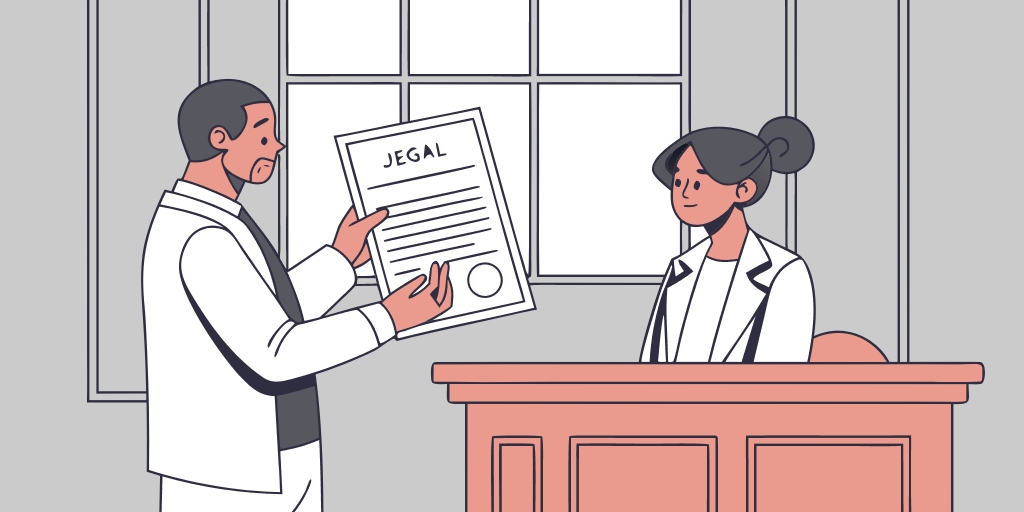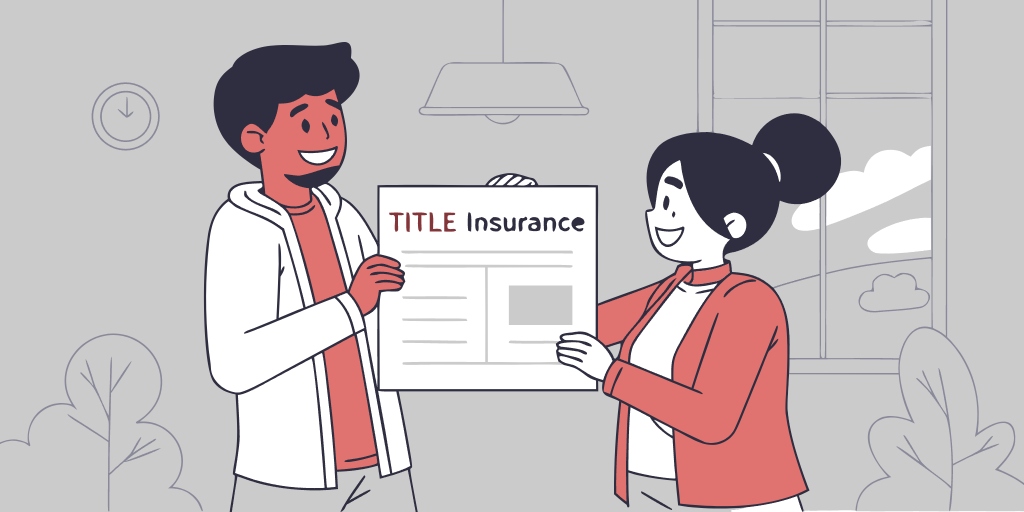In recent years, Ontario homeowners and new homebuyers have faced increasing challenges due to the misuse of Notices of Security Interest (NOSIs) and the lack of robust consumer protections from developers who have elected to cancel projects, leaving homebuyers who were counting on the property to be built, high and dry.
The Ontario provincial government responded to extensive feedback from affected consumers, legal organizations, and other stakeholders, introducing the Homeowner Protection Act, 2024. This legislation aims to address these issues by banning NOSIs for consumer goods and enhancing buyer protections. The goal is to create a fairer, more transparent real estate market that safeguards the interests of homeowners and buyers alike.
Here’s what you need to know:
Ban on NOSIs (Notices of Security Interest)
A NOSI is a notice that can be registered on title to a property in the land registry system when an individual finances or leases equipment such as a furnace, water purifier, or air conditioning unit. The security interest is granted by the individual to the company supplying the equipment, which essentially means that the company who rents out the equipment effectively is owed money should the homeowner sell their property or refinance it. There have been instances where a NOSI has been registered on title to a property without the knowledge of the owner.
When the owner sells or refinances the property, the Buyer will discover the NOSI when its lawyer does a title search on the property. What follows next is often a nasty process between the parties as to who is responsible for discharging or paying out the NOSI on closing. In some instances, the NOSI amount can be negotiated down, but given the tight timelines of a real estate transaction, managing a negotiation has the homeowner in a frequent disadvantage and the company placing the NOSI has the upper hand and can refuse to negotiate in good faith.
It is not uncommon to see a NOSI registered for extraordinary amounts of money like $20,000 or even $50,000 in some instances, so the stakes can be high and so is the sticker shock to an unsuspecting homeowner who now has to fork out an unexpected amount of money because they leased HVAC equipment a few years ago.
What’s changing under the new act?
- Ban on NOSIs: The new legislation bans the registration of Notices of Security Interest (NOSIs) for consumer goods on the Land Registry. Quite simply, companies will NOT be able to register a NOSI with the land titles office, moving forward. That doesn’t mean that the homeowner’s liability or debt to the company goes away. If you default on your contract, the company will likely report you to the credit bureau and/or take legal action for your breach of contract.
- Retroactive Expiry: All existing NOSIs for consumer goods will be deemed expired. If you had a NOSI registered on your title, it will now become null and void.
Cooling off period for New Homebuyers
Until now, condo buyers in Ontario had the protection of a “cooling off period”. In simple terms, if you signed a contract to purchase a condo unit, you can, Under section 73 (2) of the Condo Act, have a 10-day cooling off period in which you may change your mind and walk away from the agreement. Under the new act, the same cooling off period will now apply beyond condos, but also to buyers of new “freehold” homes.
What’s changing under the new act?
10-Day Cooling-Off Period
- New Homebuyers: Buyers of new freehold homes will have a 10-day cooling-off period to cancel agreements without penalties.
All in all, great news for Ontario homeowners and homebuyers, with much needed consumer protections that will simplify the purchase, sale, and refinance process for properties in Ontario.
Unlock Your Seamless Closing Experience
Your Journey to a Worry-Free Closing Starts Here!



